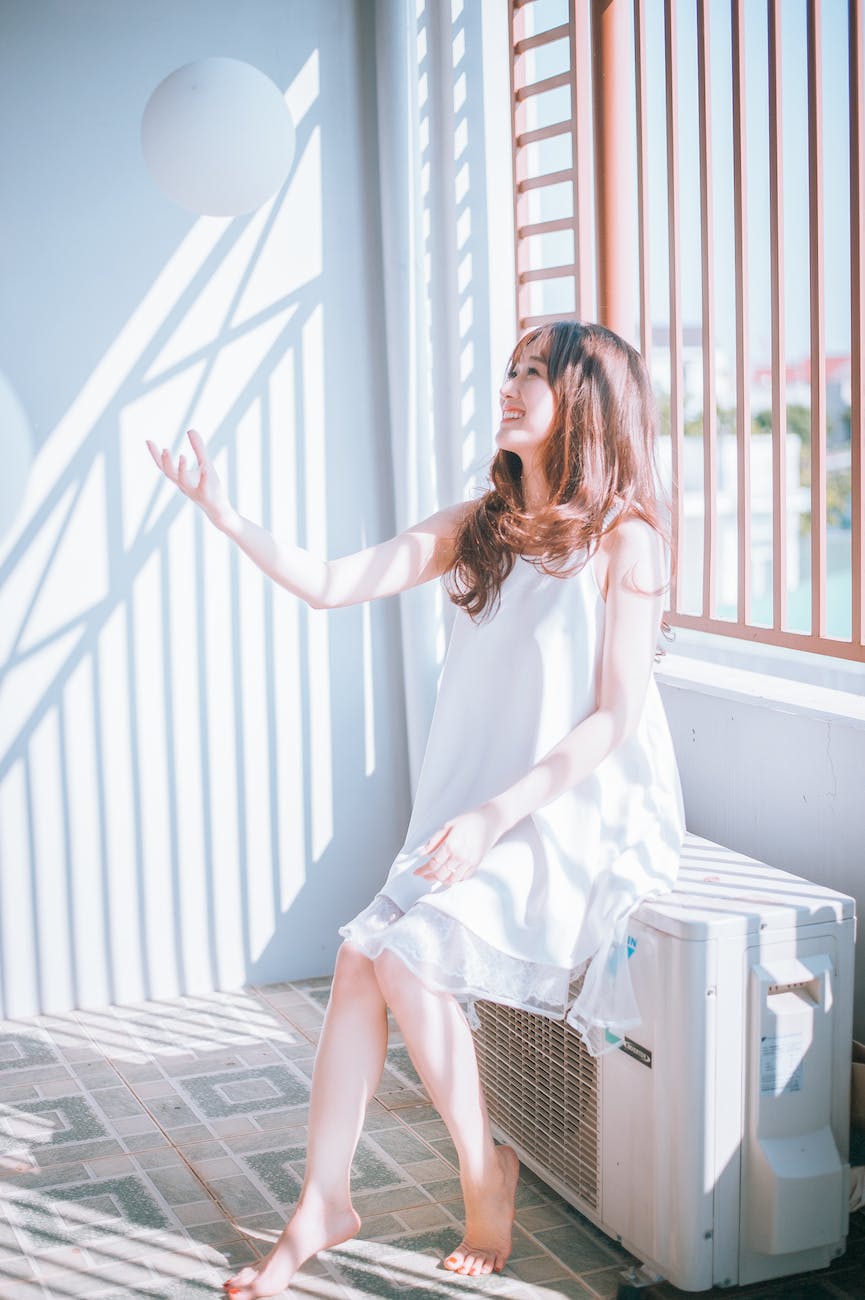
Do you get Seasonal Affective Disorder?
Seasonal Affective Disorder (SAD) is a type of depression that typically occurs during the winter months when there is less natural sunlight. It is believed that the reduced exposure to sunlight during winter can disrupt the body’s internal clock and lead to a variety of symptoms, such as feelings of sadness, fatigue, and even changes in appetite and sleep patterns.
One of the main factors contributing to SAD is the decrease in sunlight, which can affect the body’s production of serotonin, a neurotransmitter that helps regulate mood. Additionally, the lack of sunlight can disrupt the body’s production of melatonin, a hormone that helps regulate sleep.
It is dark when I drive to work at 7 am and then after work with the drive home I have about 45 minutes before darkness sets in at 4:30 pm. I am counting the days until winter solstice begins so the days start to get longer. This past week has been cloudy with rain, so that didn’t help at all.
While the exact cause of SAD is not fully understood, there are a few common risk factors associated with the disorder. People living in regions with long, dark winters are more likely to experience SAD.
Additionally, individuals with a family history of depression or bipolar disorder may be more susceptible to developing the seasonal form of depression.
Fortunately, there are several treatments available to help manage and alleviate the symptoms of SAD. Light therapy, where individuals are exposed to bright artificial light, is a common approach. This can help simulate natural sunlight and regulate the body’s internal clock. I do use light therapy and today, was nice, I was out in nature all day long taking in as much daylight as I could. No sunshine but it was nice to be outside in daylight.
Other treatments may include medication, psychotherapy, and lifestyle changes, such as increasing physical activity and spending more time outdoors during daylight hours. Remember, you don’t have to face SAD alone – there are resources and support available to help you through this challenging time.
Do you get SAD? How are some ways you cope with it?




Leave a comment